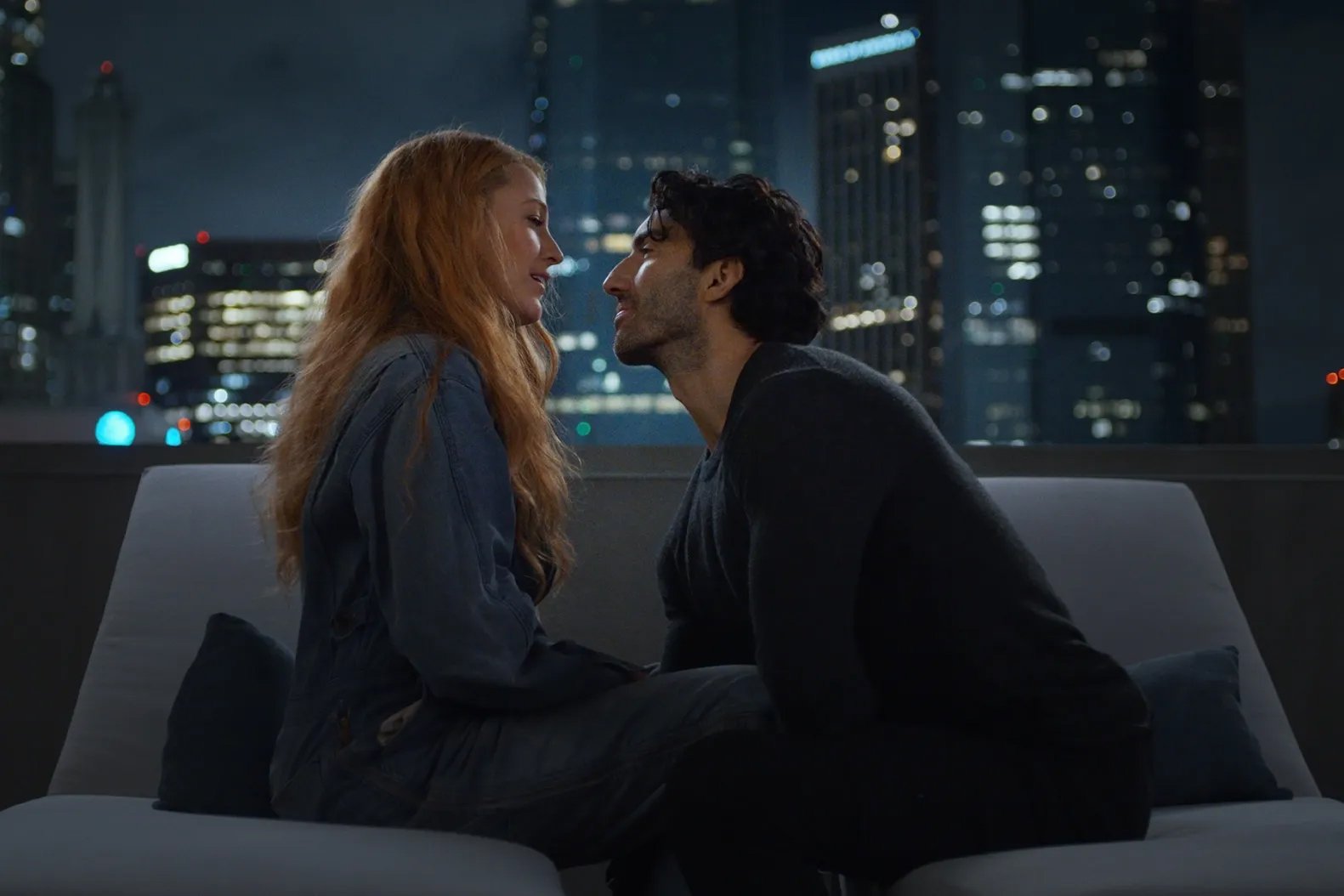Gifts Wrapped in Privilege: Lively v. Baldoni
Advocacy in the Mirror
The decision to rescind Justin Baldoni’s “Voices of Solidarity” award carries weight not merely because of its immediate impact on Baldoni’s public image but because it illustrates a crucial flaw in the discourse surrounding advocacy. Advocacy from within the oppressor class—whether it be men championing women’s rights, white people advocating for racial justice, or straight allies in the LGBTQ+ movement—often rests on the laurels of performative allyship. Baldoni’s situation serves as a sharp reminder that advocacy cannot and should not be reduced to a performative art, where the oppressor class is applauded simply for refusing to perpetuate harm.
The uncomfortable truth is that when members of the dominant group enter advocacy spaces, they are too often praised for their restraint rather than their courage. “He treats women with respect,” becomes the headline, when the bare minimum should not warrant celebration. This dynamic reinforces existing power structures by keeping the focus on individual acts of “kindness” instead of addressing the systemic inequalities that persist. Advocacy loses its potency when it revolves around the perceived heroism of the privileged rather than centering the voices and needs of the marginalized.
The Problem with Nice
Let’s be clear: the bar for men in feminism is extraordinarily low. Baldoni, like so many other men in Hollywood, is celebrated for his public displays of allyship, which are often little more than well-crafted PR moves. To be “nice” to women, in this context, is not revolutionary. It’s a diversion, a way of maintaining the status quo while appearing progressive. This approach allows men to occupy space in feminist movements without being asked to relinquish their power or confront the behavior of their peers.
True advocacy requires a willingness to risk personal and professional standing by confronting other members of the oppressor class. This means that for men like Baldoni, the real work lies not in amplifying their voices in feminist spaces but in challenging misogyny where it thrives—among other men, in boardrooms, on film sets, and within the institutions that enable harm. The oppressor class cannot be allies in a meaningful sense if their advocacy does not include holding their own accountable.
A Target-Rich Environment
Hollywood, with its history of exploitation and entrenched power dynamics, is a veritable goldmine for those looking to call out misogynistic behavior. The #MeToo movement revealed only the tip of the iceberg. Hollywood does not get credit for simply calling out men who are guilty of sexual assault. That’s the bare minimum. Beneath the surface, a culture of silence and complicity continues to protect those who wield power irresponsibly. If Baldoni’s advocacy had extended to publicly confronting this culture, the conversation around his role in feminism might look very different today.
Calling out systemic misogyny is no easy feat, especially in an industry as image-conscious as Hollywood. It requires more than carefully curated statements or Instagram posts. It demands a commitment to disrupting the very systems that afford men their privilege and power. Men who claim to be allies must stop treating feminism as a platform for their own redemption arcs and start treating it as a call to action against the structures that perpetuate inequality.
The Cost of Genuine Advocacy
Real advocacy from within the oppressor class often comes at a cost, and that cost is precisely what separates performative allies from genuine ones. Confronting misogyny in Hollywood could mean burning bridges with influential directors, producers, and actors. It could mean sacrificing roles, sponsorships, and public favor. But that is what the work demands. The marginalized do not have the luxury of advocating for their rights without consequence, and neither should their allies.
There is, of course, a tendency among members of the privileged class to frame their hesitance to call out their peers as strategic. “Change happens from within,” they argue, as though remaining complicit is a form of long-term activism. In reality, this approach often results in nothing more than hollow words and missed opportunities to enact real change.
Shifting the Focus
To move beyond performative allyship, the focus must shift from the personal to the systemic. Men in Hollywood who claim to support women’s rights must prioritize dismantling the patriarchal structures that enable abuse, harassment, and discrimination. This work involves challenging hiring practices that exclude women and people of color, advocating for equal pay and representation, and creating spaces where marginalized voices are heard and respected.
Most importantly, it means redirecting the spotlight. Advocacy should not center the oppressor class as heroes or saviors but instead amplify the voices of those who have been historically silenced. The goal is not to make men in Hollywood feel good about themselves but to create an industry where their advocacy is no longer necessary because equality has been achieved.
Conclusion
The allegations against Justin Baldoni reveal the fragility of advocacy when it is built on a foundation of self-promotion rather than genuine commitment to change. Hollywood, like society at large, does not need more men who are “nice” to women. It needs men who are willing to confront other men, to challenge the systems that uphold their privilege, and to accept that their role in advocacy is not to be celebrated but to support, to listen, and to act.
The work of dismantling oppression is not glamorous, nor is it easy. It does not come with awards or accolades. But it is necessary. For men like Baldoni, the choice is clear: continue performing advocacy for applause, or step into the uncomfortable, unglamorous work of holding your own accountable. If the latter is too much to ask, then perhaps advocacy was never the right stage to begin with.


